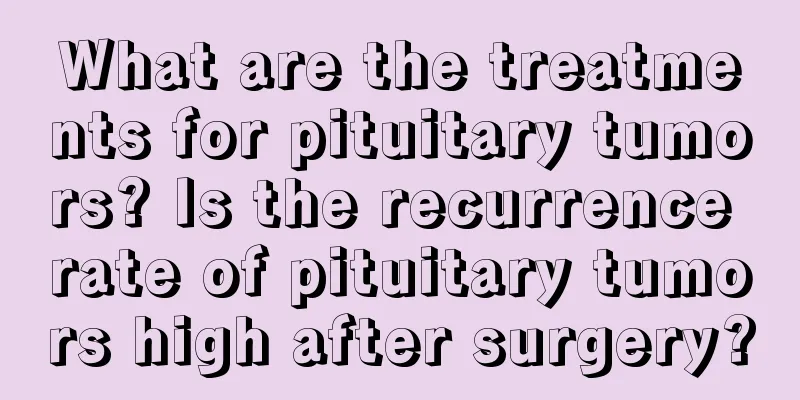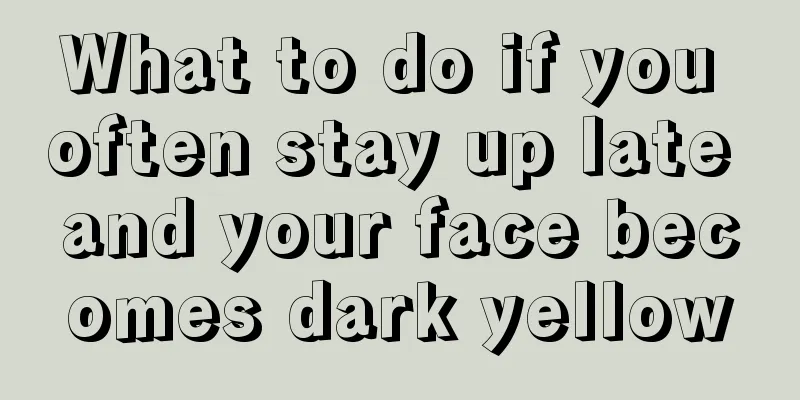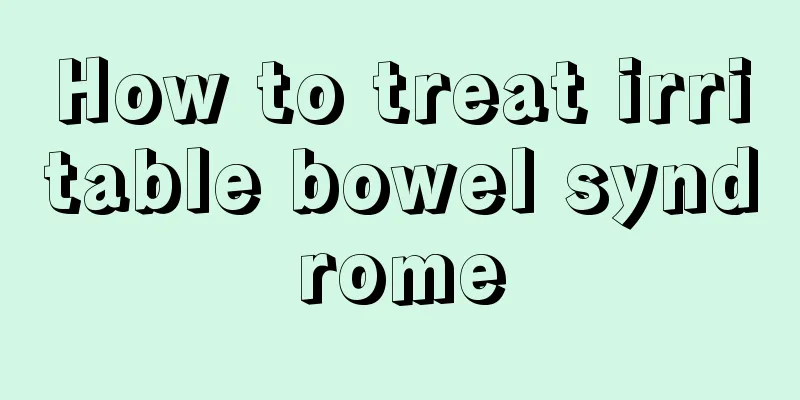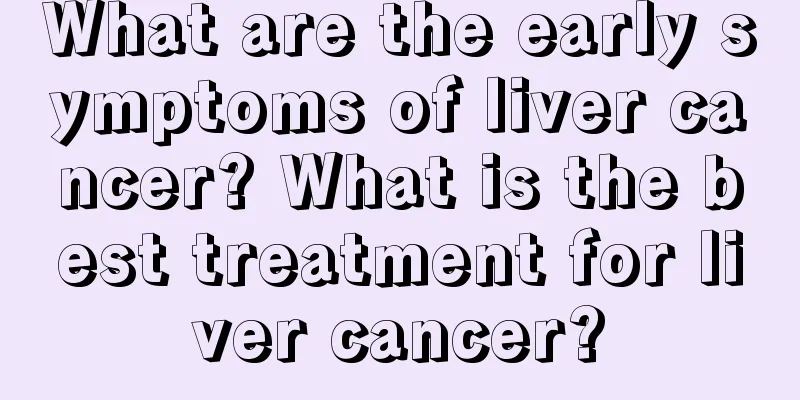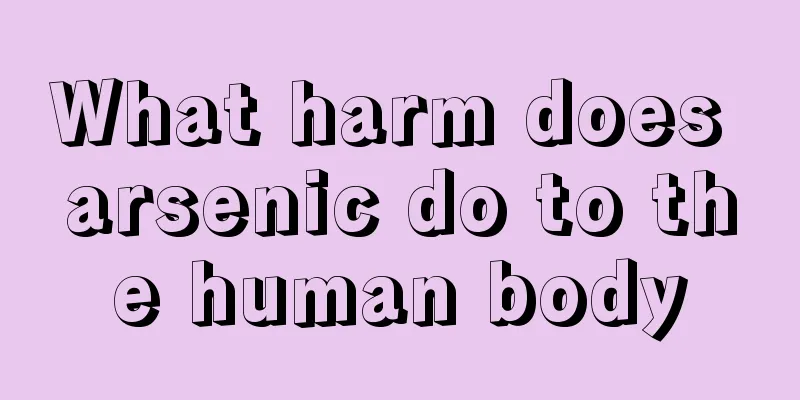How to treat severe sinus tachycardia?

|
Heart problems are the most concerned issues in life because the health of the heart can have a fatal impact on people. Most people's hearts are in good condition, except for some hereditary heart diseases. There is also a sub-healthy state of the heart that most people ignore, for example, the symptoms of sinus heart beat. Generally, normal sinus heart beat has certain regularities and occurs all year round in young people, which is meaningless for disease diagnosis. However, when sinus tachycardia or irregularity occurs, it is a situation that requires high attention. Most of them are related to diseases. Let’s take a look at how to solve severe sinus tachycardia. Sinus tachycardia refers to the rate of sinus node impulse generation in adults exceeding 100 beats per minute, with the rate usually ranging from 101 to 160 beats per minute. When sinus tachycardia begins and ends, the heart rate gradually increases and slows down. Sinus tachycardia is a common arrhythmia. Treatment is mainly directed at the cause, and sedatives or beta-blockers may be used if necessary. 1. The treatment of sinus tachycardia should focus on the primary disease, supplemented by symptomatic treatment when necessary. For sinus tachycardia caused by congestive heart failure, digitalis preparations, diuretics and vasodilators should be used. Correction of sinus tachycardia is often used as one of the indicators for the control of left heart failure. 2. Treatment of sinus tachycardia not caused by heart failure, such as sinus tachycardia caused by hyperthyroidism, the use of digitalis cannot slow down the heart rate. Note: Excessive digitalis can also cause sinus tachycardia. For patients with sinus tachycardia caused mainly by sympathetic nerve excitement and increased catecholamines, beta-blockers, sedatives, etc. can be used. 3. Treatment of patients with acute myocardial infarction: When there is no obvious heart failure and the sinus rate is continuously >110 beats/min, in order to slow down the heart rate, a small dose of beta-blockers (such as oral atenolol 6.25-12.5 mg) or calcium channel blockers (such as oral diltiazem 15-30 mg) can be temporarily tried. If necessary, they can be taken once every 8-12 hours. For sinus tachycardia secondary to left heart failure, heart failure should be treated primarily. |
<<: How to treat severe lumbar fractures?
>>: Can I use a soybean pillow if I have cervical discomfort?
Recommend
What can't people with thyroid cancer eat
There are no clear dietary taboos for patients wi...
Will eating lotus root powder at night make you fat
Lotus root is a common aquatic vegetable, and lot...
Is melanoma harmful to the human body?
The early symptoms of melanoma are not very obvio...
The best diet choice after colon cancer surgery
Surveys show that the incidence of colorectal can...
Is a bloated belly a sign of pregnancy?
Women who have had sex will worry about whether t...
How to correct facial bone asymmetry
Facial bone asymmetry is what people usually call...
What metastases are prone to occur in breast cancer? Four common ways of breast cancer metastasis
The most terrible thing about cancer is metastasi...
What to do if you are stung by a gourd bee
Bees are insects that feed on pollen and nectar a...
Painful urination with discharge
Many people experience urethral pain, and some pe...
Six major pathological types of intussusception
Any disease has its pathology and factors. Theref...
What is the difference between eating too much and overeating
In modern society, people's daily living habi...
Why can't people with anemia drink milk
Anemia is a common phenomenon in many groups. Thi...
How to remove the hair in the buttock groove
For normal people, when they enter puberty, pubic...
Hormone regulation and fluid regulation
If the human body wants to maintain normal physio...
What is the reason for the sound of thin paper when cleaning the ears?
Many friends hear a sound like thin paper when cl...
